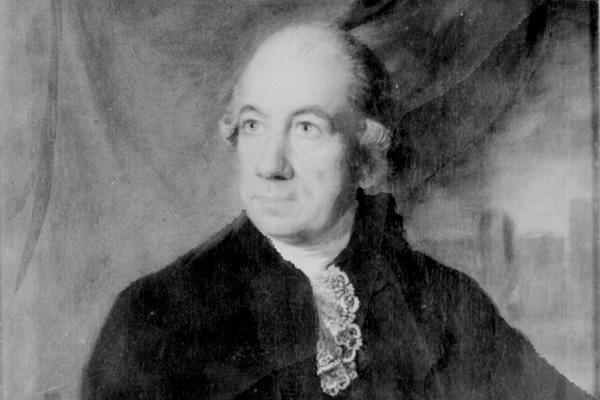The walls of the Old Cadet Chapel in the West Point Cemetery are covered with plaques and medallions citing brave deeds and battles. One plaque close to the altar differs from the others: the name once deeply etched there has been obliterated. The absent name is Benedict Arnold, a name now synonymous with "traitor."
Many Americans understand why his name has been erased from the chapel of the garrison he once commanded. Far fewer know why his name once shared the chapel wall with heroes of the early American republic.
For those who associate Arnold's name with deceit, statements like "Arnold's march on Quebec remains a military classic" and "Arnold was as brave a man as ever lived" may seem curious. But his feats in battle are considered classics of military strategy, and his bravery is well documented.
At the start of the Revolutionary War, apothecary Benedict Arnold of New Haven, Conn., was a militia captain devoted to the colonial cause. He fought at the Battle of Lexington and Concord, attacked and secured Fort Ticonderoga, made the first amphibious assault in American history, and so brilliantly planned the Battle of Saratoga that a contemporary called him "the very genius of war."
Yet each of Arnold's victories was tinged with failure, for he combined intellect and valor with impetuous behavior. He raced Ethan Allen's Green Mountain Boys to Ticonderoga in 1775 so that he could claim the victory there, then submitted an inflated expense claim for the venture. Congress promoted Arnold to major general in 1777, but his superior at the Battle of Saratoga, Gen. Horatio Gates, relieved him of command during the battle due to insubordination. That decision sent Arnold, feeling unappreciated, charging into battle -- "conveniently ignoring the fact that he had no official command," as one historian writes. The sight of Arnold on horseback reinvigorated the troops, and the British collapsed. Arnold's horse was shot and fell on his right leg, which had been injured in Quebec. Arnold's actions at what came to be known as the Battle of Freeman's Farm -- the first chapter of the Sept. 19 to Oct. 7, 1777, battle at Saratoga -- directly led to French aid that helped speed the infant United States to victory. That is why there is a memorial to Benedict Arnold's leg at the Saratoga battlefield.
However, in his triumph there were the seeds of discontent and deceit. His crippled leg fueled the self-pity and anger already building within Benedict Arnold. By May 1779, he was bargaining with the British -- and putting into motion the treachery that would forever erase his name from the roll of America's heroes.









